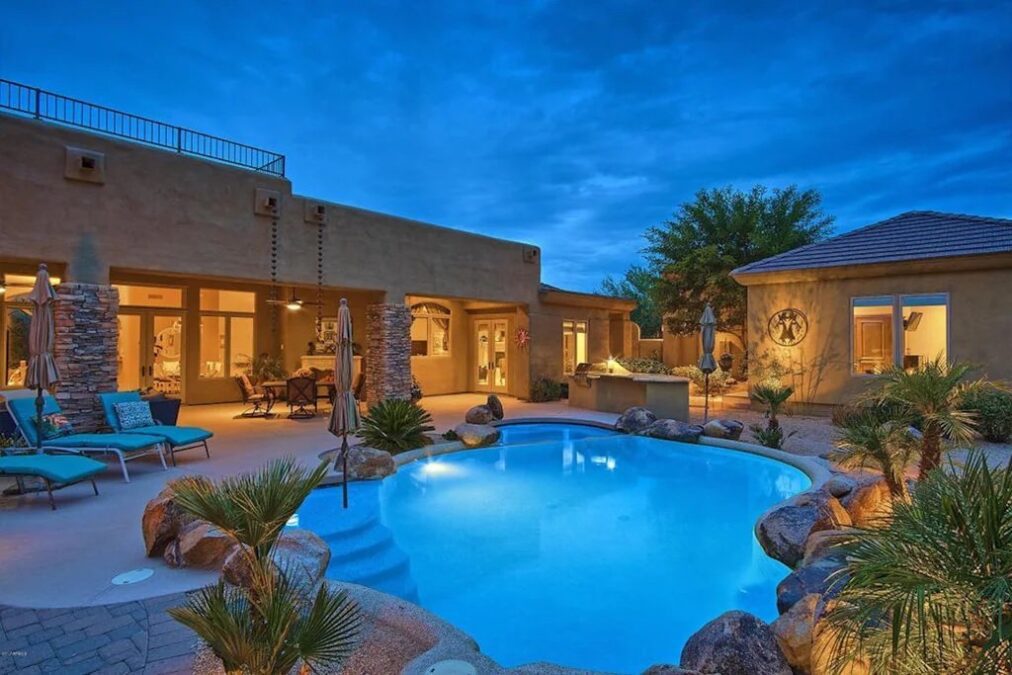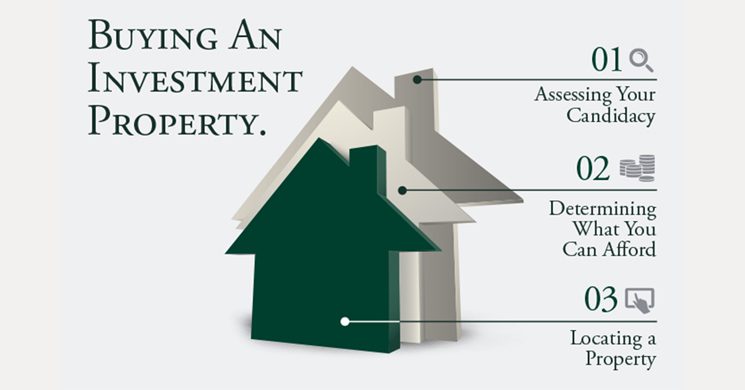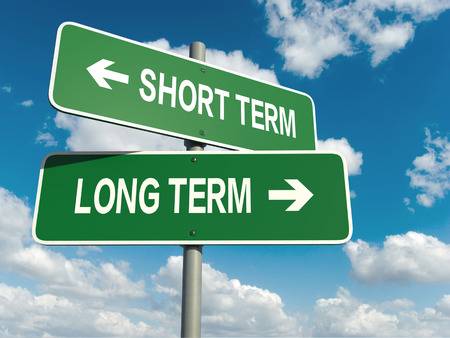These articles discuss how landlords can more effectively manage their rental properties by turning your properties into a cash flow machine.
What’s the Difference Between a Vacation and Investment Home?
If you’ve ever considered buying a second home, the mortgage [...]







